|
The Sunday after Thanksgiving, I decided to do a double feature of Queen and Slim and Knives Out. After the emotional wallop of Queen and Slim, I had ten minutes to shake myself off, use the bathroom, grab a popcorn and soda, and ready myself for a lighter, funnier flick. When eccentric millionaire/ mystery writer Harlan Thrombey (Christopher Plummer) dies from a slit throat, it appears to be an open and shut case of suicide. But private detective Benoit Blanc (Daniel Craig) has been hired to investigate. As he interviews the various family members (Jamie Lee Curtis, Michael Shannon, Don Johnson, Toni Colette, etc.) secrets are unearthed. It seems every person in the family has a reason to want Harlan dead. The only one Benoit can trust is Harlan’s kindly nurse, Marta (Ana de Armas), who has a visible aversion to lying. But Marta has a secret of her own. I wanted to see Knives Out, because I liked what Rian Johnson did with The Last Jedi. When I heard that his new movie was a murder mystery in the vein of Agatha Christie novels (my all-time favorite mystery writer) and the 1985 movie Clue (a film I practically memorized in high school), well, count me in. Good reviews and an all-star cast did nothing to diminish my interest in the project. I have to say, Thanksgiving was the perfect time to see Knives Out. It is the ultimate “family feud” movie, which will make you either relate to the craziness or feel grateful for your own family. The characters were just grounded enough to feel real, and just exaggerated enough to be funny. The actors were clearly having a ball, and that joy translated to their screen. It was fun to see a bunch of rich hypocrites get their comeuppance. Knives Out was a solid film. It was not exceptional. It was funny, but not hilarious. It was good, but not great. I mean, considering the praise it was getting, I sort of expected more. For me, though, the biggest problem may have been the mystery. Knives Out was advertised as having the feel of an Agatha Christie novel, and that was true. It was very Agatha Christie-like. Too Agatha Christie-like. See, I’ve read many of Agatha Christie’s novels, enough to pick up on the general patterns. Therefore, I figured out where the story was going. It didn’t surprise me. In fact, I thought it was pretty obvious. (Warning: I’m now going to brag about how I solved the mystery, so there will be SPOILERS ahead! Read at your own risk.)
0 Comments
After Thanksgiving, I did a double feature at AMC: Queen and Slim in the morning, and Knives Out almost immediately after. I’d never done a double feature, but I didn’t have much choice. Too many good movies come out in the holiday corridor and I don’t always have a spare Sunday to sneak out and see them.
Queen and Slim came on my radar, because I saw the trailer--online or in a theatre, I can’t remember. Queen and Slim is an R-rated romantic drama about a black couple who become accidental criminals and must flee the law. Right away, I liked the characters and the tense situation they found themselves in. The film fell off my radar for a while but came back when the reviews came in and some of my favorite movie pundits recommended the movie. The movie doesn’t waste time. It begins with a woman (Jodie Turner-Smith) and a man (Daniel Kaluuya) going on an awkward first date. Their names aren’t given until the very end, so I’m going to go off the title and call the woman Queen and the man Slim. Queen is a defense lawyer whose client just received a death sentence. She is guarded and aloof. Slim is an amiable, warm, religious man. The date does not go well. As Slim tries to drop Queen off, he gets pulled over and aggressively searched by a racist cop. Queen tries to record the cop on her cell phone, but the cop shoots her in the leg. A heated fight breaks out between Slim and the cop. Slim grabs the cop’s fallen gun and shoots him, half in defense, half by accident. The cop dies. Before the title card officially drops, they are on the run. My first reaction, fresh out of the theatre, was that Queen and Slim had a lot of elements that reminded me of a good fantasy movie (my favorite genre), even though it clearly wasn’t fantasy. Queen and Slim was an unexpected journey which ripped the characters out of their normal lives, brought them to interesting places and people, forged deep bonds, and forced them to contemplate deeper meanings of existence, destiny, and legacy. It was Romantic with a capital R. Not only did Queen and Slim fall in love, they expressed what love meant to them as individuals so beautifully and poetically, it made my heart twist. (Warning: Although I try not to spoil anything in particular, I do mention details that take place halfway through the movie. If you are sensitive to these thing, you may not want to read.) A little over a year ago, my sister introduced me to The Good Place. I thought I could safely watch a few episodes on Netflix. I was wrong. I binged two seasons in two days. This is why I stay away from T.V. I have an easily-addicted, nay, obsessive personality. The Good Place is an NBC-airing half-hour comedy about a woman named Eleanor (Kristen Bell), who died. Fortunately, she ended up in the Good Place. Immortal-being Michael (Ted Danson), architect of the perfect neighborhood Eleanor will inhabit for all eternity, congratulates Eleanor for being such a stellar example of humanity and introduces her to her soulmate, Chidi (William Jackson Harper), a professor of ethics and moral philosophy. As soon as Michael leaves, Eleanor drops a bombshell on Chidi. There’s been a mistake, she’s not a good person, she’s not supposed to be here, and she’s afraid if anyone finds out, she’ll be shipped off to the Bad Place. As weird events in the neighborhood threaten to expose her true identity, Eleanor enlists Chidi’s help to become a good person and earn her place in paradise. There are so many things I love about The Good Place, from the characters, to the relationships, to the concepts. It is a unique fantasy/ speculative fiction, which creates a fully functioning, well-developed world, while contemplating the big questions of good and evil, life and death, and what makes us human. It teaches ethics and moral philosophy, name dropping famous philosophers, summarizing core concepts, and integrating the lessons into each episode of a continuing story arc… and it’s funny! The Good Place is something that feels like should not exist, let alone be any good, let alone have people watch it… and yet it does. I’m amazed. As we head into Season 4, the final season, The Good Place has evolved into what I am convinced is the purest definition of epic fantasy. It may be disguised as a quirky comedy, but when you have a tight group of friends making terrible personal sacrifices in the service of world-shattering stakes--yeah, epic. This is what I want from fantasy. Not just the same old magic, dragons, and elves. I want something original, something that takes risks, something that tackles complicated issues while still giving me reason to hope. So as I was watching re-runs of Season 4 on Hulu early in November, I got to an episode where Eleanor and friends are discouraged. They’ve just had a huge setback, but they’re re-grouping and trying again. I finish watching and go out to walk the dog, and I’m thinking about what it means to save the world. In The Good Place, the stakes are huge, and yet all that needs to be accomplished, when it comes down to it, is for certain “medium persons” to become good. Which made me think. If the souls of humanity were riding on me being a good person, could I do it? Could I be, not even great, but just a little bit better? Title: Found Dead in Arugula: Faith Interrupted a Cozy Mystery One
Author: Michelle Knowlden Genre: Mystery, Short Story Summary When Faith Lisstrom Towe finds her friend and neighbor dead in her patch of arugula, the last thing she expect was to be charged with his murder. Now this gentle Quaker and gleaning enthusiast must set about finding the murderer if she wants to prove her innocence. Review I know author Michelle Knowlden from my time living in Brea. She’s my friend. She always found the best new coffee shops or interesting specialty stores that sold different flavored olive oils. She is a generous, caring, and overall wonderful person, and I miss her. That’s why I bought this book. Because her writing reminds me of her. Faith Lisstrom Towe, like Michelle, is also a warm and endearing person who happens to love quirky, healthy, and interesting foods. Faith, specifically, has an arugula patch in her garden, along with an amaranth plant and 19 varieties of beans. But it’s the arugula patch where her dear friend Darryl Arias is found dead. The investigation brings the scrutiny of the cops: Walter Steiger, a cynical former Sunday school student, and Henry Saito, the son of a man Faith once loved. The first few chapters beautifully tease out these relationships, with subtle notes of grief and longing. When the accusations start flying toward her, Faith struggles to keep her dignity intact. Needless to say, I felt attached to Faith right from the start, and I was really rooting for her, not just to prove her innocence, but also to be seen for who she is and perhaps re-kindle the spark with her former lover, who is now conveniently a widower. Aside from that, I love the calm and steady flow of the words and the lovely description of the food. However--and this is my main critique of the book--as soon as I started settling in for a nice, cozy read--boom, it was over. Only 5 chapters long, Found Dead in Arugula can be read, start to finish, during a single long lunch break. For certain people, this is a selling point, but I wanted more. The mystery did conclude in a satisfying manner, but because it was so short, there was not enough room for twists and turns, red herrings and reveals. It did promise further adventures for Faith, which I, for one, would be happy to read more of. I’d just prefer a full novel, or perhaps a collection of “Faith-based” short stories, so as to have a meaty amount of writing to sink my teeth into. On November 24th, I faced a crisis.
Since the month started, I had been doing National Novel Writing Month (Nanowrimo, for short), a challenge where you write a complete novel of 50,000 words (approximately two hundred pages) in the thirty days of November. Since I write thick fantasy books, I wasn’t thinking of completing a novel. I wanted to write three good chapters for the climax of The Originals, a sequel to my epic fantasy, The Changelings. Three good chapters. Didn’t sound so hard. November 24 arrived, and I crossed the 50,000 word mark, 6 days ahead of schedule. Great. But I hadn’t written my three chapters, no, not at all. I’d written about one and a half. And good? Forget good. The writing was all over the place. I’d mope around with my main character’s feeling for a paragraph or two and then swing wildly into politics. Or I’d spend 30 pages figuring out how to set up a battle and summarize the actual fight in about a page. I’d go one way, go back, and zig-zag the other way. It was--it is--a mess. An unreadable mess. And yet it was all good stuff that I needed to write. Some authors have a vision of their novel in their head, or at least on their outline. Not me. I have to write and write and write until I see that vision. It’s not that I don’t have ideas, but the ideas are nebulous things and pinning them down is like pinning down vapor. I write until I see what I want. Once I have my vision, I can work to make my writing good. I organize scenes, condense the plot, dramatize emotions, expand the good parts, delete the bad parts, and make the words ring pretty. I know that all this messiness will eventually turn into good (or at least readable) writing. I know because I’ve done it before. Having spent twenty years writing novels, I can start to say I know what I’m doing. But that doesn’t make it any less frustrating. I look at my 50,000 words, and I think, It’s too much, and at the same time, It’s not enough. |
Rebecca LangWriter. Critic. Dreamer. Archives
January 2021
Categories
All
|
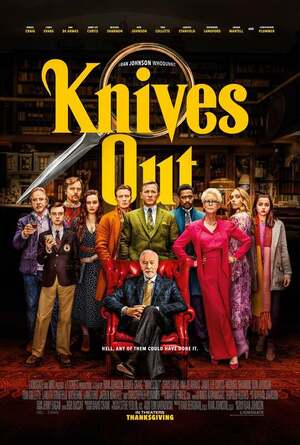
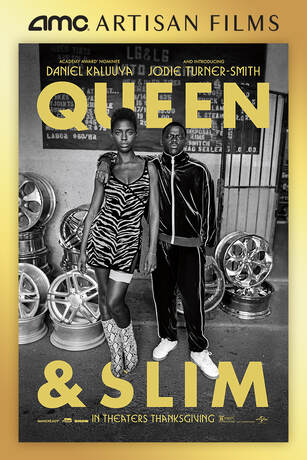
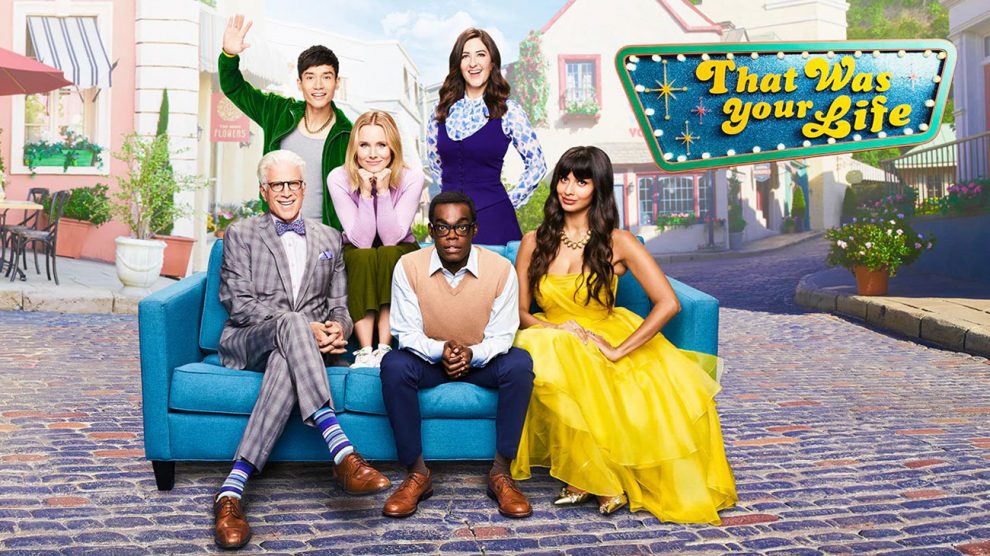
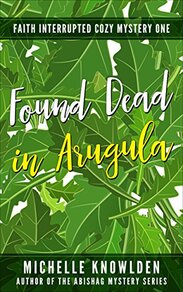
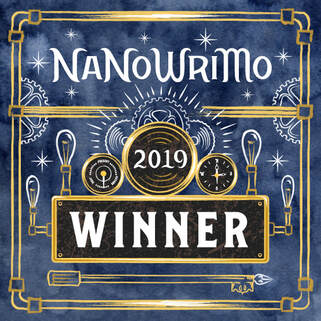
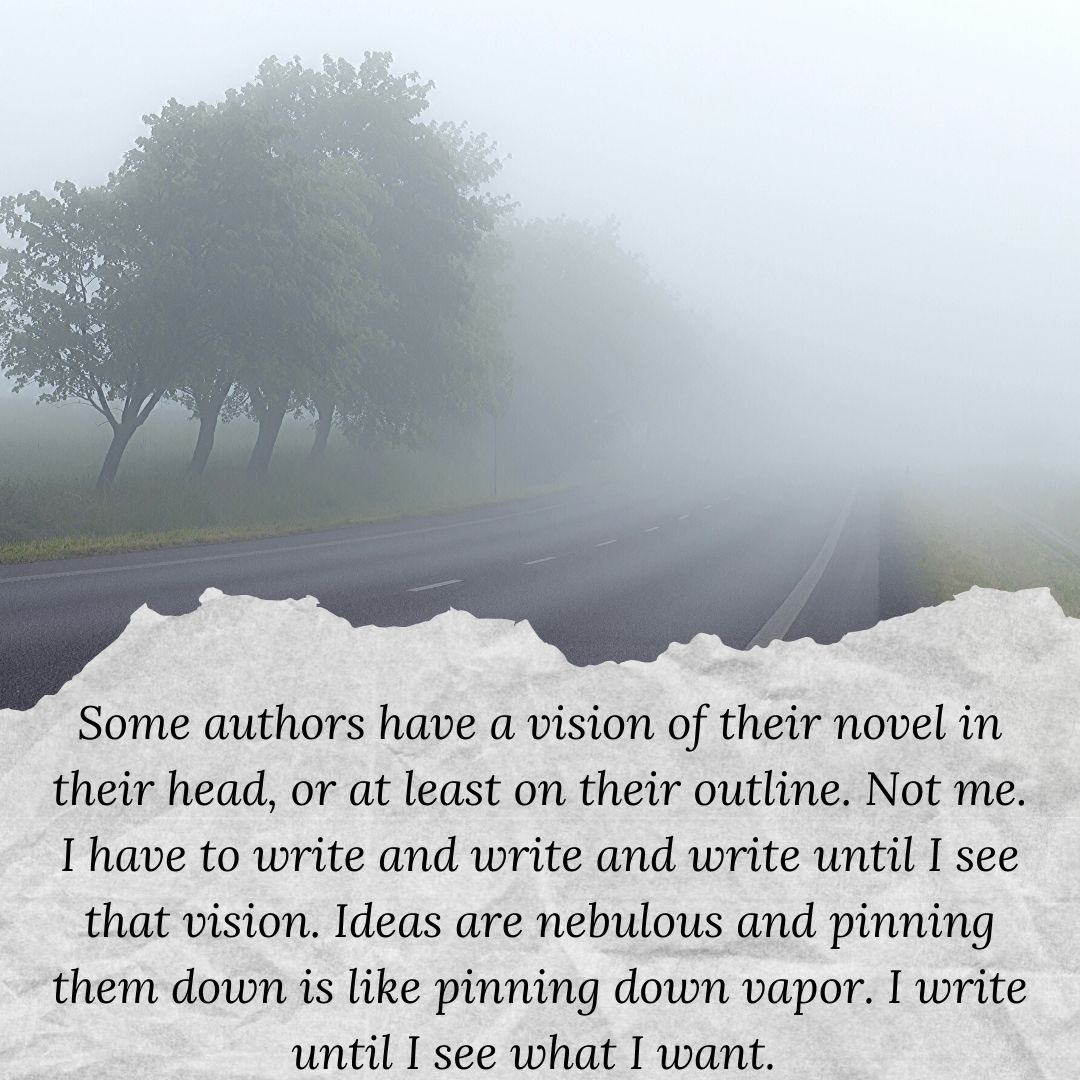
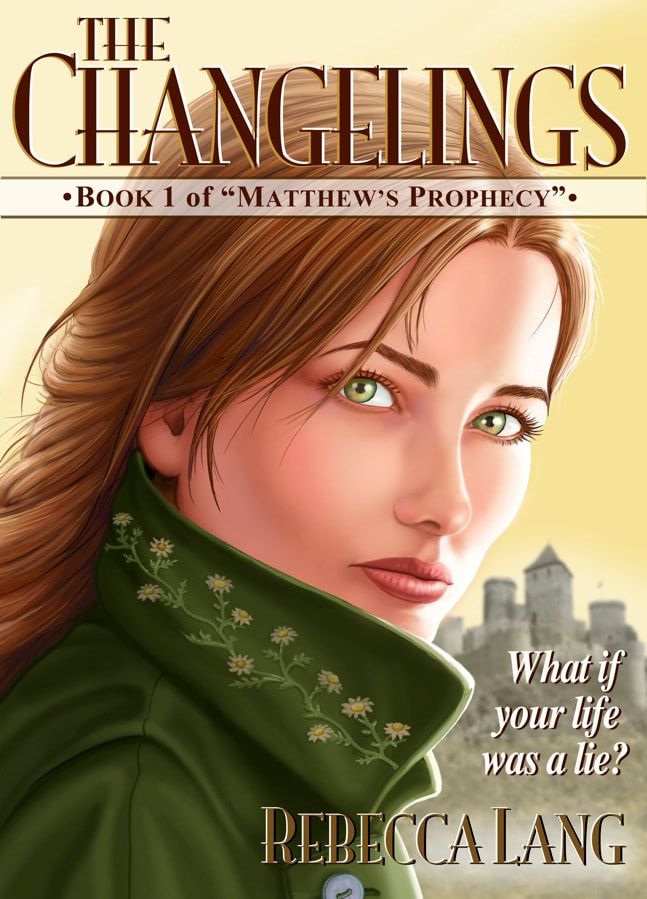
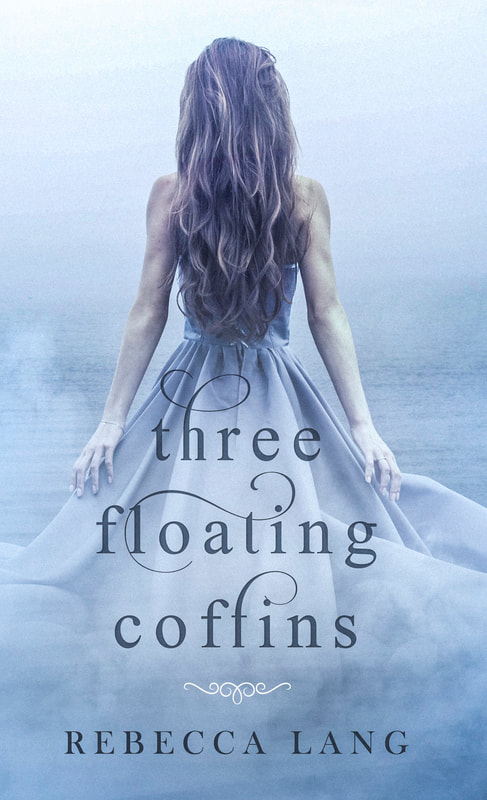
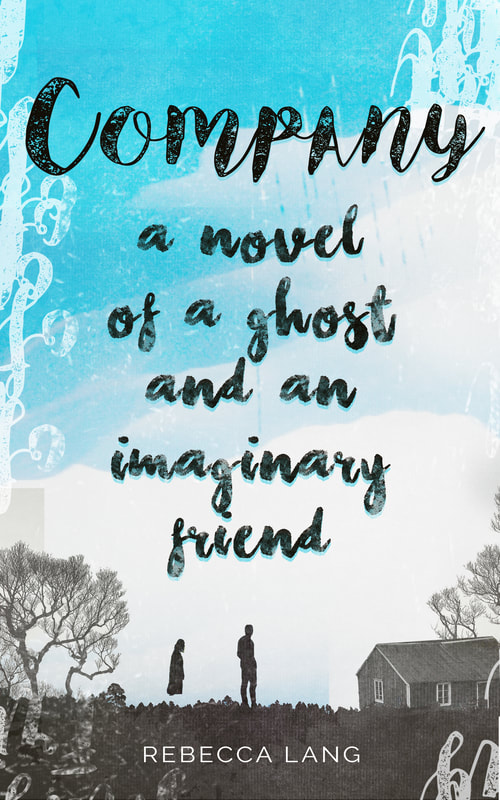
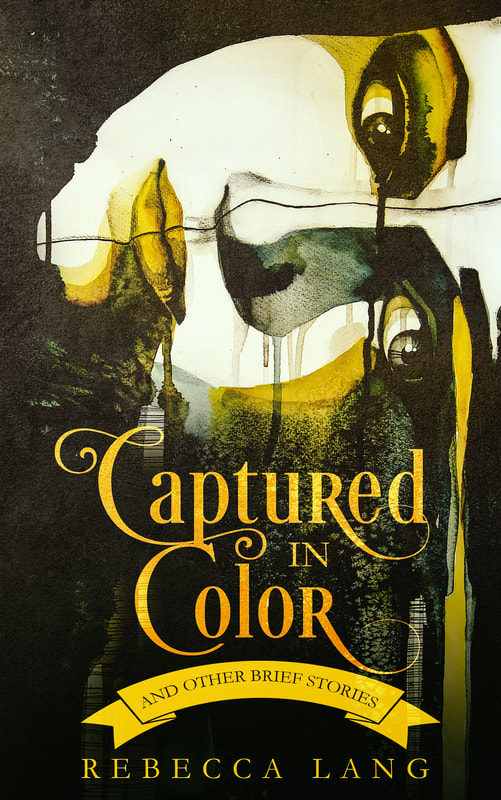
 RSS Feed
RSS Feed